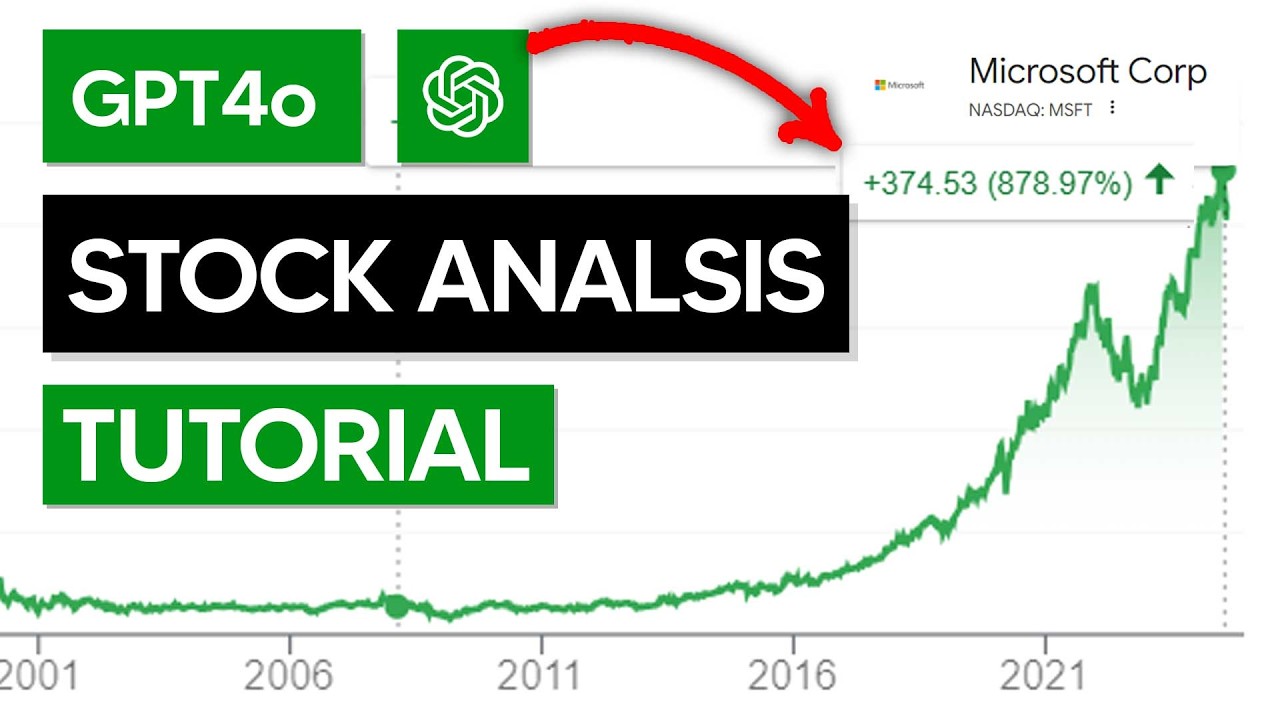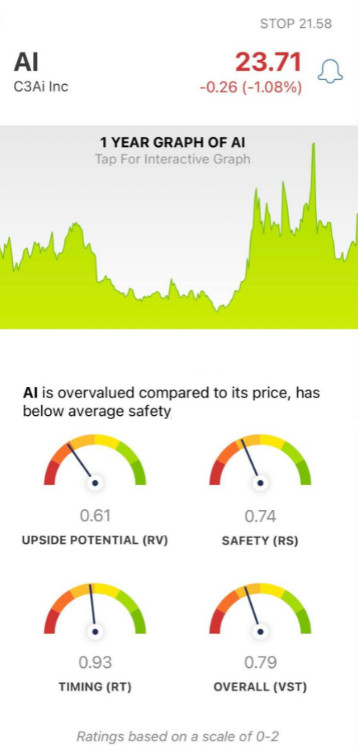20 New Ideas For Choosing AI Stock Predicting Websites
20 New Ideas For Choosing AI Stock Predicting Websites
Blog Article
Top 10 Tips To Assess The Security And Security Of Ai Trading Platforms
As they handle sensitive personal and financial data, security and privacy are of paramount importance when utilizing AI trading platforms which predict or analyze stock prices. In the event of a breach, or misuse of data, it can cause significant financial loss as well as reputational damage. Here are 10 tips to assess the security and privacy features of these platforms.
1. Examine the encryption of data
Secure transmission of data: Make sure your platform is using secure protocols (e.g. TLS/SSL) to encrypt data transmitted between your device and their servers.
Secure transport of data Make sure that the information stored on a platform's servers has been encrypted using strong encryption standards such as AES-256.
End-to-end encrypted communication: Make sure the platform you are using offers encryption that is end-to-end for any sensitive data.
2. Examine the authentication mechanisms
Double-factor authentication (copyright). Check if the platform you are using supports copyright. This will add an additional layer of security.
Biometric authentication - Check to see if there are biometric options to use for mobile app login (e.g. finger print or facial recognition).
Password policies. Verify whether the platform enforces strong password policies (e.g., length minimum, minimum complexity, etc.).
3. Check for regulatory compliance
Financial regulations: Ensure platform is in compliance with the applicable regulations governing financial transactions (e.g. SEC, FINRA or MiFID II).
Data protection law: If you trade with the region subject to these laws, make sure you are in the compliance.
Audit certifications: Check whether the platform has been subject to third-party security audits or holds certifications (e.g., SOC 2, ISO 27001).
Review Controls for Access to Data
Role-based access - Ensure that the platform supports role-based control (RBAC), which limits access to data only for authorized users.
Verify that you have the ability to assign permissions on a granular level for various team members.
Activity monitoring. Check if your platform keeps track of and monitors user's activity.
5. Assess Vulnerability management
Regular updates: Ensure that the platform updates its software regularly to fix any vulnerabilities.
Penetration test: Check if your system is regularly inspected to identify and correct any security weaknesses.
Bug bounty programs: Check if there is a bug-bounty program that is available to motivate security researchers from other sources to share security vulnerabilities.
6. Evaluate Data Privacy Policies
Transparency: Review the privacy policies of the platform to learn how your information is collected, used and shared.
Data minimization is the process to ensure that only the information required for functionality are collected by the platform.
Third-party Sharing: Determine if the platform shares its data with third-parties and, if so, under what terms.
7. Secure API usage must be inspected
API security - Check that the API of your platform employs authenticated methods that are secure, such as OAuth or API keys, and also encrypts any data exchanges.
Rate limiting: Verify whether the API has rate limits to protect against brute force attacks and abuse.
Look for access logs. The platform should log API use and access in order to monitor and audit.
8. Assess Incident Response & Recovery
Plans for incident response: Ensure that the platform you are using has an clearly-defined incident response plans. The plan should include the handling of data and security breaches.
Notification policies: Check if users are informed promptly in the event of a security breach.
Backups of data: Ensure that the platform is regularly backed up with data and that it has a disaster recovery plan.
9. Examine Physical Security Measures
Security of the data center: Ensure that the platform servers are hosted at secure datacenters with physical measures of security (e.g. monitoring, access control).
Redundancy: Determine that the platform is protected by redundant systems in order to guarantee that data is available in the event of hardware failure.
Geographic distribution: To improve resilience, make sure that the data is distributed to several places.
10. Test privacy controls on users
Data deletion: Ensure that the platform lets you delete all your data if you decide to stop using it.
Privacy settings: Make sure your platform has privacy settings so you can control which data is available or shared.
Check to see if anonymization is being performed on the data used for analytics or machine learning.
Bonus Tips
User feedback and reviews to determine the security of the platform and privacy.
Trial period: Take advantage of an unpaid trial or demo to test the platform's security features and privacy settings.
Support for customers: Ensure that the platform offers a robust customer support for security-related concerns or issues.
These guidelines will allow you assess the privacy and security of AI trading platforms which predict or analyze price of stocks. Your personal information and financial information will be safe. A safe platform not only safeguards assets, it also builds trust in their services. Read the most popular investing ai for website tips including best ai stocks to buy, ai investing tools, ai for stock trading, best free copyright trading bot, ai trading bot, ai trading bot, ai trading tools, ai stock picker, free ai investing app, incite and more.
Top 10 Tips For Assessing The Reputation, Reviews And Comments On Ai Stock Trading Platforms
It is crucial to evaluate the reviews and reputation of AI-driven trading and stock prediction platforms to be sure of their reliability, trustworthiness and effectiveness. Here are 10 tips for evaluating their reputation and reviews.
1. Check Independent Review Platforms
Check out reviews on reliable platforms like G2, copyright, and Capterra.
The reason is that independent platforms allow users to give an honest and objective feedback.
2. Study Case Studies and User Testimonials
Visit the official website of the platform or any other sites to see user testimonials.
The reason: These insights offer real-world feedback on performance and user satisfaction.
3. Read Expert Opinions from Industry Experts Recognition
Tips. Verify that the platform has been recommended or reviewed by experts in the field and financial analysts, credible magazines or other publications.
The reason: Expert endorsements give credibility to the claims of the platform.
4. Social Media Sentiment
TIP: Go through social media websites for comments and discussions about the platform (e.g. Twitter, LinkedIn, Reddit).
What's the reason? Social media gives unfiltered opinions and trends in the world of social media.
5. Verify that you are in compliance with the legal requirements
Verify that the platform you are using is compliant with the financial regulations (e.g. SEC, FINRA) and privacy laws (e.g. GDPR).
Why: Compliance ensures that the platform runs legally and ethically.
6. Transparency in Performance Metrics
TIP: Seek out transparent performance indicators on the platform (e.g. accuracy rates and ROI).
Transparency builds trust, and also allows users to assess the effectiveness of a system.
7. Check the Quality of Customer Support
Tips: Read user reviews on the platform as well as their effectiveness in providing assistance.
What is the reason? A solid support system is vital to resolving problems and ensuring that customers have a pleasant experience.
8. Red Flags should be checked during reviews
Tip: Watch out for complaints, such as unsatisfactory performance or hidden charges.
Why: Consistently negative feedback can indicate problems with the platform.
9. Evaluating Community and User engagement
Tips Make sure the platform has a vibrant user community (e.g. Discord, forums) and is active with its users.
Why is that a strong community indicates the satisfaction of customers and continuous assistance.
10. Find out about the company's performance in the past
Review the company's history, the leadership team and its performance in the field of financial technology.
The reason: A track record boosts confidence in the reliability of the platform and expertise.
Compare Multiple Platforms
Compare the reviews and reputations on a variety of platforms to determine the one that is best suited to your requirements.
Use these guidelines to evaluate the reviews, reputation and ratings for AI stock prediction and trading platforms. Follow the best trading ai for blog recommendations including incite ai, trading ai, best ai for trading, stock analysis websites, ai investing app, stock predictor, ai investment stock, best stock analysis app, ai trade, ai investing and more.